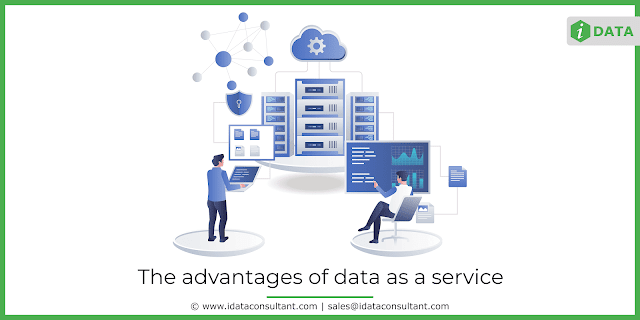Data Appending
Unlocking Business Potential with Data Appending: A Comprehensive Guide Introduction: In today's data-driven world, businesses thrive on accurate and relevant information. However, maintaining a comprehensive and up-to-date database can be a daunting task. This is where data appending comes into play. Data appending is the process of enriching existing databases by adding missing or updated information to enhance the overall quality and usefulness of the data. In this blog post, we will delve into the world of data appending, its benefits for businesses, and how it can empower organizations to make informed decisions. What is Data Appending? Data appending is the process of adding valuable data to an existing database by matching and merging it with external data sources. These external sources could include public records, social media profiles, demographic data, or industry-specific databases. By augmenting existing data, organizations can gain a more holistic view of ...


